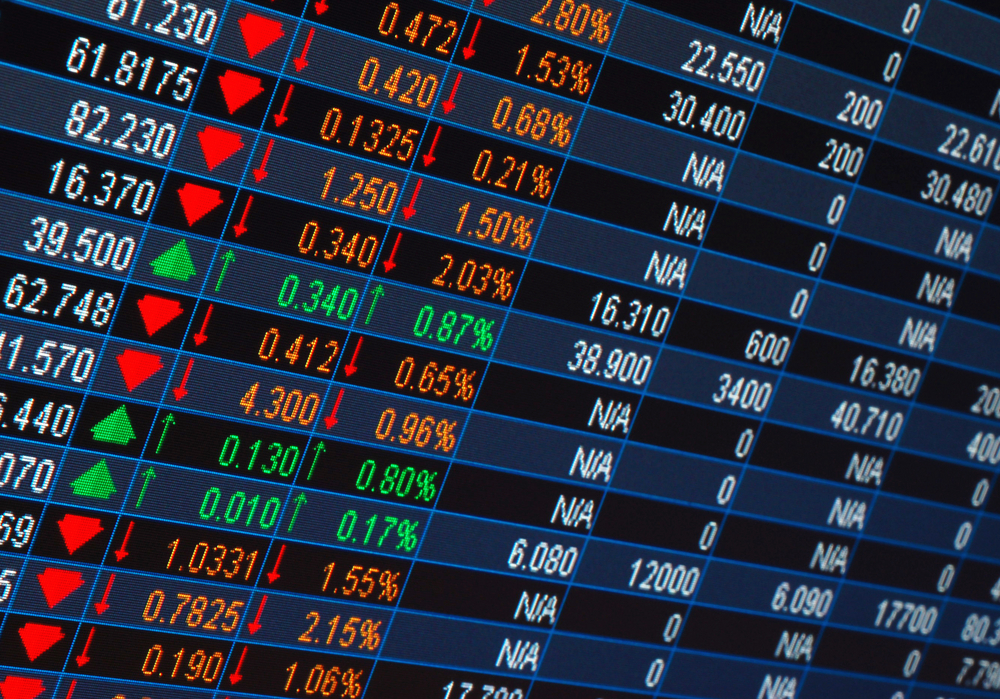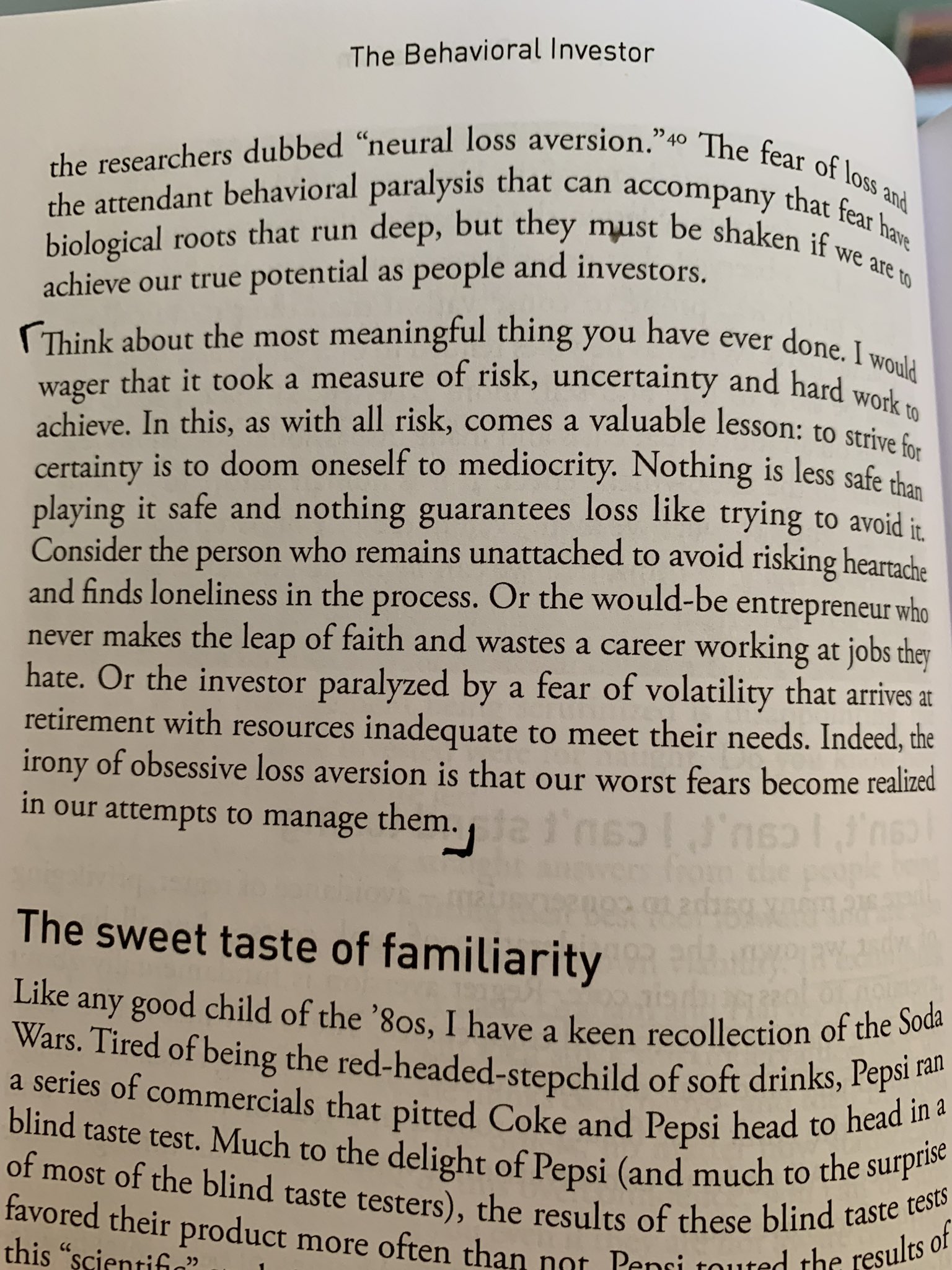My small brain can't comprehend how the JSE "owns" the closing price of AVI or any other listed company. Why do I have to pay them a fee for these prices. As shareholder, it is my right to use the share price of my own company as I see fit (I also don't understand how someone can own a sports fixture list... but that is for another day). The price of a company is the price of company. It is a fact. Imagine if I couldn't publish that the sky is blue.
Yes, I know the JSE infrastructure is expensive but they charge hefty listing fees. The model needs to change. Models changed in other industries. Just ask Multichoice about streaming.
In my opinion, it is the private investor who suffers. I can't afford a Bloomberg terminal (or any of the less expensive options). I propose data should be free. At least, delayed data should be free. Heck, give me end of day data free!
At the very minimum:
- End of day closing price data
- SENS data (this the JSE news service - companies are compelled to use this service to communicate with their shareholders and yet you have to pay for it... ok, I am not being fair. You can get something like the last 7 days free on a financial news website. Archives? Fat chance.)
Without price data, it is very difficult to calculate the performance of a portfolio. I already have to manually record all dividends!
So this post is actually a plea... if anyone out there has a relatively inexpensive I am all ears. I am not looking for those funny overpriced Sharemagic-like trading systems. I just want to be able to access this data in a csv or excel file that is automatically sent to me daily.
PS: forgive me for the moan :)







